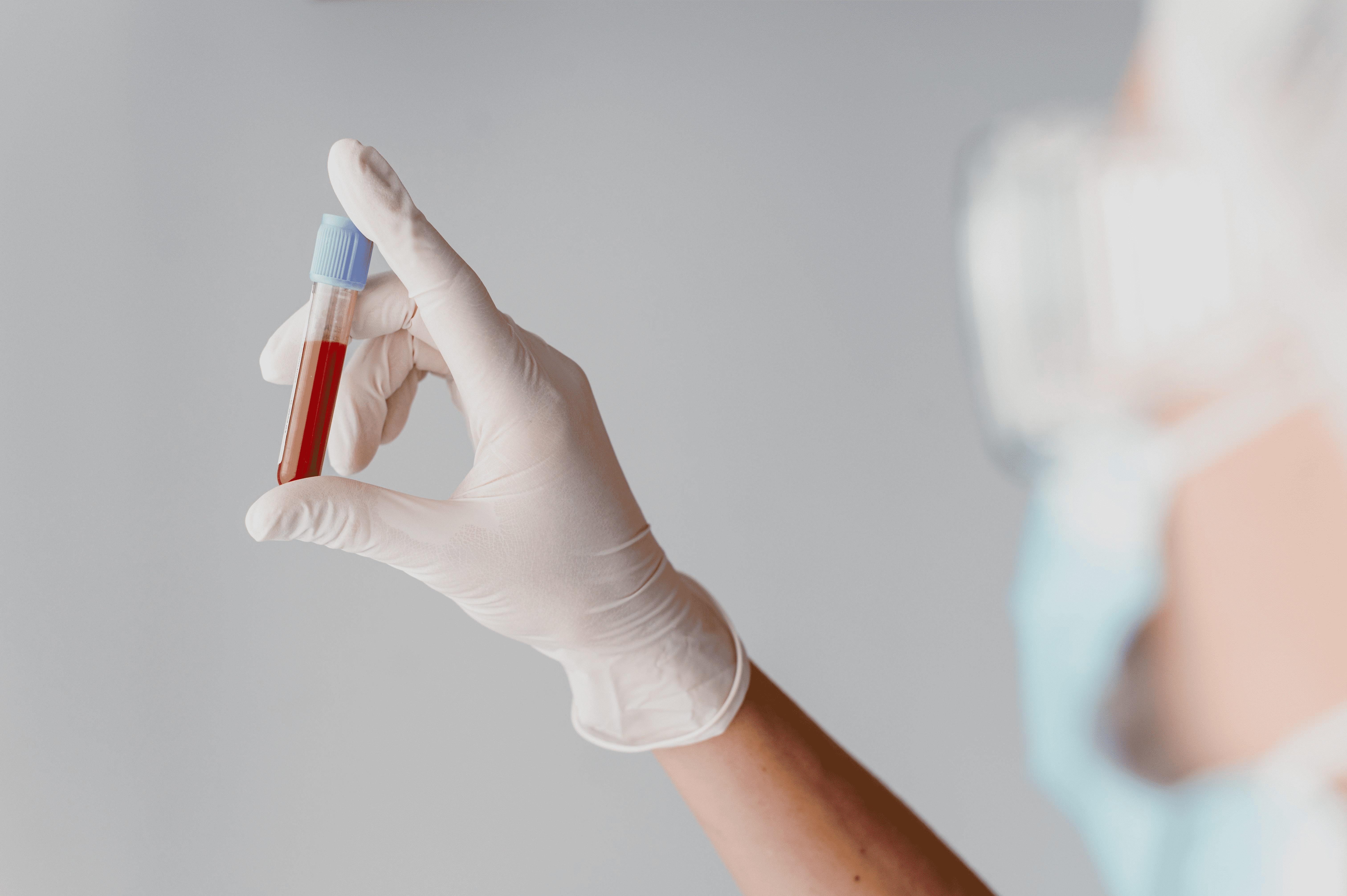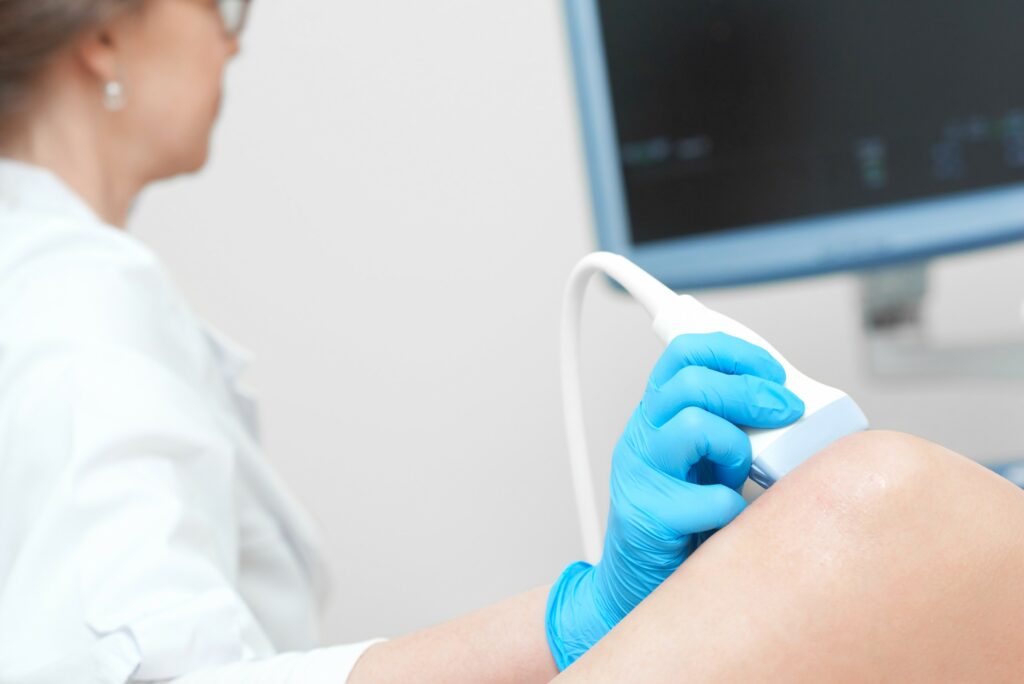PCOS & BEING OVERWEIGHT
BEING OVERWEIGHT
Did you know that most clinics implement a weight or Body Mass Index cutoff for fertility treatments? but…. according to the American Society for Reproductive Medicine (ASRM):
“obesity should not be the sole criteria for denying a patient or couple access to infertility treatment”
For that reason, RFC has no weight cutoff for egg freezing or IVF.
HOW?
- Egg collection procedure using local anesthesia is done while awake.
- No risk from general anesthesia.
What are the symptoms of PCOS?
The symptoms of PCOS vary form a person to the other that is why it could be easily misdiagnosed. A diagnosis of PCOS is made when you experience at least two of these three things:
- Irregular periods. Infrequent or prolonged menstrual cycle is the most common sign of PCOS. For example, you might skip and have abnormally heavy periods.
- Excess hair. Elevated levels of male hormones (called testosterone) may result in excess facial and body hair as well as acne.
- Polycystic ovaries on ultrasound. Your ovaries might be enlarged and contain a lot of follicles (where the egg lives).
What causes PCOS?
The exact cause of PCOS is still not known however there are some known factors that could play a role. These factors include:
- Heredity: Certain genes might be linked to PCOS.
- Too much insulin in your blood: Insulin is the hormone that allows body cells to use sugar which is the body’s primary energy source.
- If your cells become resistant to insulin because there is too much of it in the blood, then your blood sugar levels can rise. Excess insulin can cause increase in testosterone which causes difficulty with ovulation.
- Low-grade inflammation in your body: Women with PCOS have a type of low-grade inflammation throughout the body that stimulates their polycystic ovaries to produce testosterone.
WHAT ARE THE COMPLICATIONS OF PCOS?
- Infertility
- Weight gain
- Diabetes
- High blood pressure
- Miscarriage
- Sleep apnea
- Depression and anxiety
- Eating disorders
- Abnormal vaginal bleeding
- Cancer of the uterus
How is PCOS diagnosed?
- History and Physical Exam: To look for acne and extra body hair.
- Ultrasound: A vaginal ultrasound that is used to look at the size of your ovaries and see if they have cysts (lots of follicles). The test can also look at the thickness of the lining of the uterus.
- Blood tests: To look for high levels of testosterone.


How can we help you at RFC if you have PCOS?
Your treatment depends on several factors that include your age, severe of your symptoms, and whether you want to become pregnant. If want to become pregnant, your treatment may include:
- A change in diet and activity: Can help lower your blood gsugar levels and may help you ovulate and have regular periods. Our team of nutritionists can help you.
- Medications to cause ovulation: Medications, such as Letrozole, Clomid and Metformin, can help the ovaries release eggs.
- Ozone Sauna: to lower body inflammation. We offer this in Connecticut, Long Island and Westchester locations.
- Ovarian rejuvenation: if you do not want to take hormonal medications. We offer this in all locations.
- IUI (Intrauterine insemination) or IVF (in vitro fertilization) using our Reproductive Immunology protocols.
- Egg freezing: if you do not want to get pregnant now and you would like to preserve your fertility for the future.
- Acupuncture: if you want to lower your stress level.
MEDICAL REFERENCE(S):
Merhi Z. Vitamin D: A Possible Therapeutic Adjunct for Women with PCOS? J Clin Endocrinol Metab. 2014; 8.
Garg D, Merhi Z. Advanced Glycation End Products: Link between Diet and Ovulatory Dysfunction in PCOS? Nutrients. 2015;7:10129-44.
Garg D, Merhi Z. Relationship between Advanced Glycation End Products and Steroidogenesis in PCOS. Reprod Biol Endocrinol. 2016;14:71.
Merhi Z. Crosstalk between advanced glycation end products and vitamin D: A compelling paradigm for the treatment of ovarian dysfunction in PCOS. Mol Cell Endocrinol. 2019;479:20-26.
Merhi Z, Kandaraki EA, Diamanti-Kandarakis E. Implications and Future Perspectives of AGEs in PCOS Pathophysiology. Trends Endocrinol Metab. 2019;30:150-162.
Mouanness M, Nava H, Dagher C, Merhi Z. Contribution of Advanced Glycation End Products to PCOS Key Elements: A Narrative Review. Nutrients. 2022;14:3578.
Irani, Minkoff H, Seifer DB, Merhi Z. Vitamin D Increases Serum Levels of the Soluble Receptor for Advanced Glycation End Products in Women with PCOS. J Clin Endocrinol Metab. 2014;99:886-90.
Garg D, Grazi R, Lambert-Messerlian GM, Merhi Z. Correlation between follicular fluid levels of sRAGE and vitamin D in women with PCOS. J Assist Reprod Genet. 2017;34:1507-1513.
Merhi Z, Mouanness M, Wang R, Seckin S. Intraovarian Platelet-Rich Plasma administration Induced Spontaneous Ovulation in an Anovulatory Woman with PCOS. JCEM Case Reports. 2023;1:38.